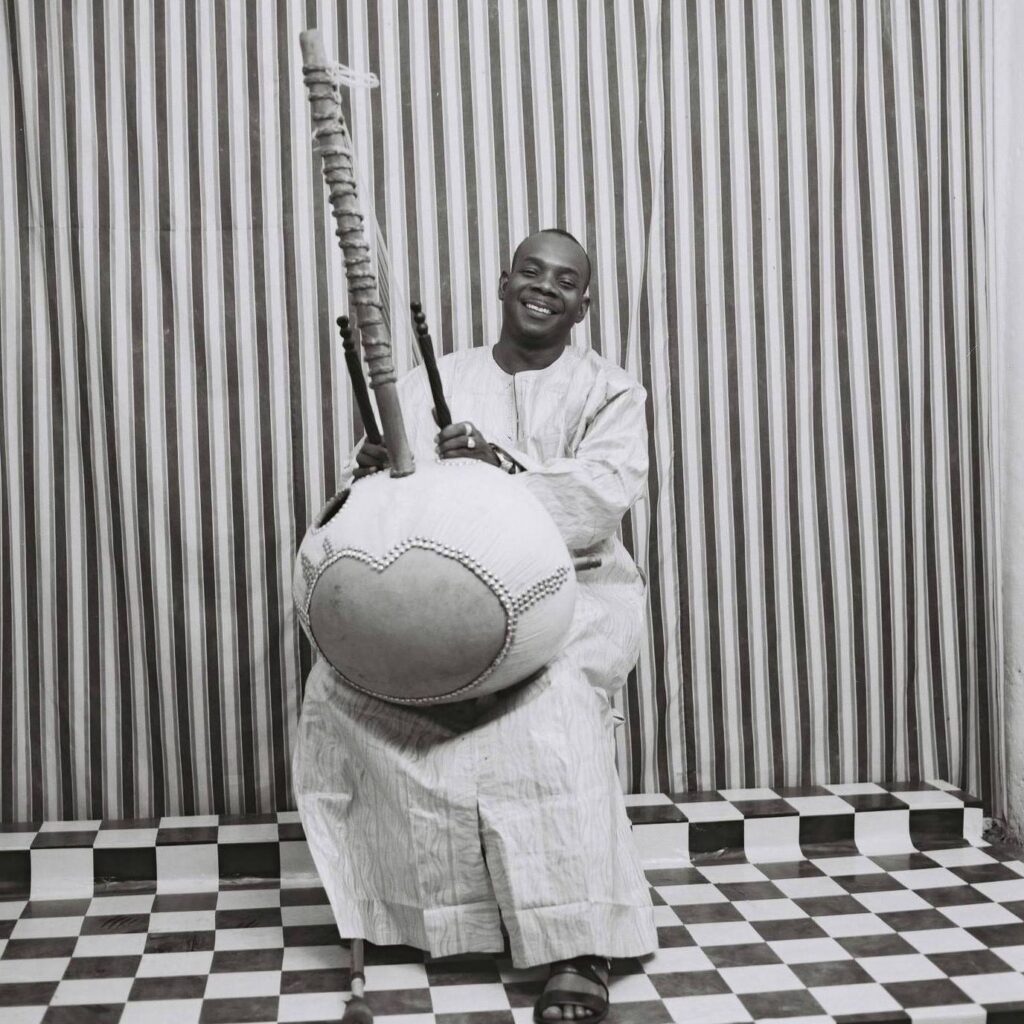Toumani Diabaté, Malian kora master, dies at 58
Toumani Diabaté, the Malian musician and master of West African traditional harp the kora, died last Friday, July 19 at a hospital in Bamako, Mali, from kidney failure. He was 58. His manager confirmed the news with The New York Times.
A bit of biography from his label:
Toumani was born in Bamako, the capital of Mali, in 1965 into a family of griots (hereditary musicians) whose lineage stretches back 71 generations, father to son. His father, Sidiki Diabaté was a kora player of legendary fame in West Africa and his mother was singer Nene Koita.
Toumani was self-taught, never learning directly from his father except by listening. He began playing the kora at the age of five, at a time when the Malian Government was encouraging regional ensembles to represent local traditions. Toumani was recruited to the ensemble of Koulikoro (60 kms east of Bamako) with whom he made his public debut at the age of 13 to great local acclaim.
Toumani first came to Europe in 1986, aged 21, to accompany Malian singer Ousmane Sacko. While in London he recorded his first album Kaira, the first ever solo kora album and still a best-seller. This and Songhai, his first recorded collaboration with Spanish flamenco group Ketama, were produced by Lucy Durán.
In 1990 Toumani formed the Symmetric Orchestra, consisting of musicians from countries in the old Mandé Empire, with the idea of recreating its cultural equilibrium in a modern musical context. Maintaining a weekly residence at the Hogon club in Bamako, the group continued to evolve and grow, culminating in the release of Boulevard de l’Indépendance in 2005.
Toumani made two acclaimed albums with guitarist Ali Farka Touré, and also collaborated with many Western musicians over the years, including Björk, Damon Albarn, Béla Fleck, Taj Mahal, and more.
Rest in peace, Toumani.
[embedded content]
[embedded content]
[embedded content]
[embedded content]
[embedded content]





